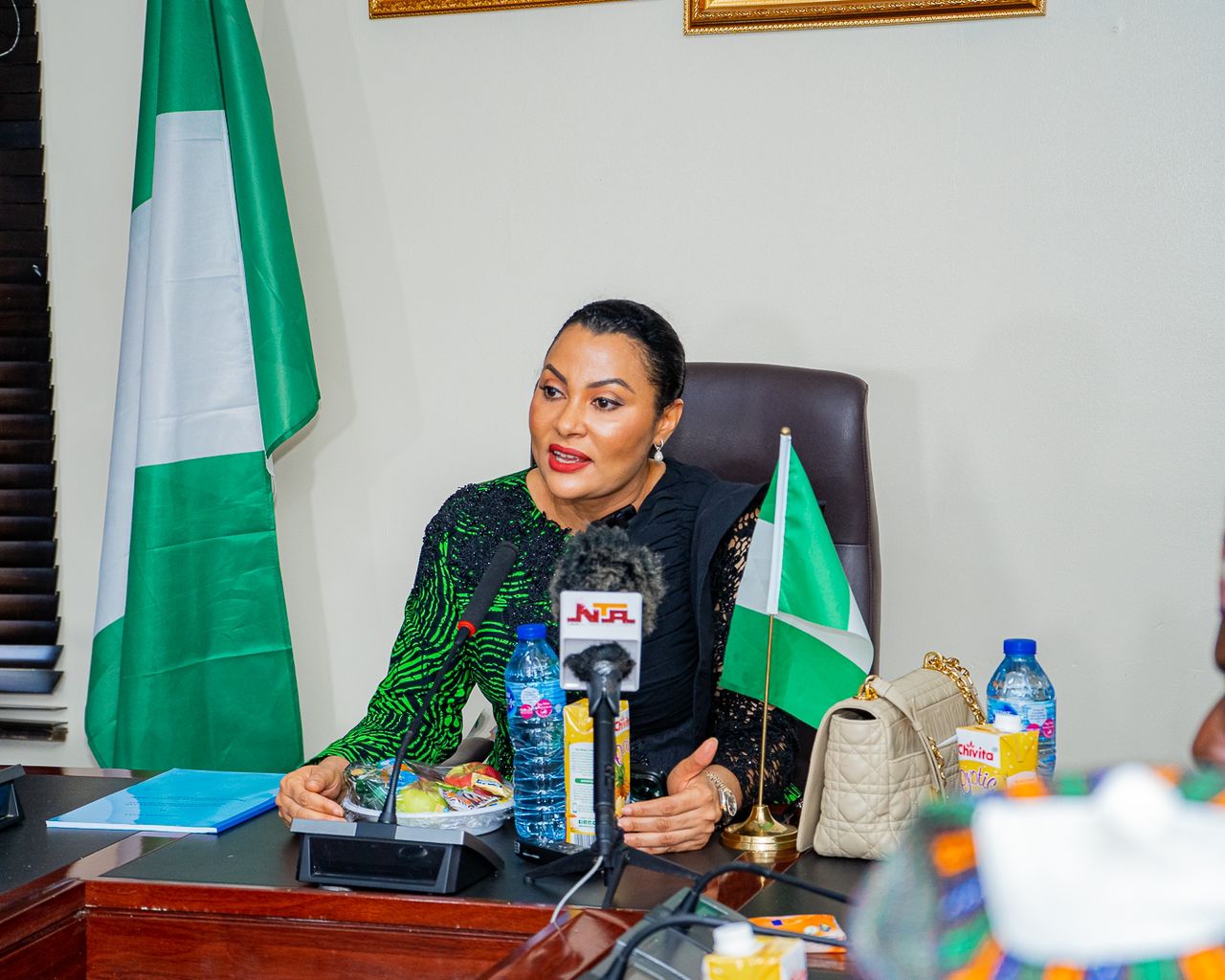For Nigeria not to be left behind, the development finance institutions in the country must draw up packages to provide operational funds for agriculture and other emerging cultures like technology, energy, biodiversity and others.
This was the challenge posed by the Minister of Industry, Trade and Investment, Doris Uzoka-Anite. She specifically encouraged the Bank of Industry, among other Development Finance Institutions in Nigeria to provide adequate funding for agriculture, technology, biotechnology and other emerging sectors of the economy. Anite made the assertion at the opening session of the 4th Annual General Assembly of the Association of Nigerian Development Finance Institutions in Abuja.
The event with the theme, “Financing emerging sectors for growth role of DFIs” was designed to address the issues of funding in emerging sectors of the economy. These sectors include renewable energy, biotechnology, information technology, sustainable agriculture, and culture. According to her, they hold the key to unlocking the country’s economic growth as they represent the future of the global economy.
Anite who was represented by the Chairman of BOI Shareholders Committee, Mohammed Bala said Nigeria’s infrastructure deficit falls short of the international benchmark set by the World Bank. The infrastructure amounts to about 30 per cent of its Gross Domestic Product, whereas the benchmark set by the World Bank is 70% of GDP.
That has been a major challenge for decades, successive governments fail to properly address the lapses. So, what will it take to drive development in that sector with a purpose to meet the universal standard? Her projection was that the country would need a $3tn investment.
She said, “It may interest you to note that emerging sectors, such as renewable energy, biotechnology, information technology, sustainable agriculture, and culture sector, represent the future of our global economy. providing financial services to sectors and projects that have contributed to the growth of the economy and promoted real sector activities in Nigeria.
“These sectors are not only poised to generate sufficient economic value, but also address some of the most pressing challenges of our time, including climate change, infrastructure, food security, and health, which the present government of President Bola Tinubu is confronting.
“We are aware that these sectors often face unique challenges that can hinder their growth. These include high initial investment costs, long development timelines, and the inherent risks associated with pioneering new technologies and business models.
“This is why traditional financial institutions are often reluctant to invest in these sectors due to passive risks and uncertain returns. I am aware that we have had several development institutions in Nigeria, which are all seated here. These DFIs are uniquely positioned to address challenges and catalyze the growth of emerging sectors, with the mandate to promote economic development and social progress.
“It is important to acknowledge that over the years, you have played a crucial role in providing the necessary financial support and fostering an enabling environment for industries to grow, equally.”
So, what is the way out? She said stakeholders, government, private sector, and development partners, at the sub-national level, must collaborate to harness the opportunities presented by emerging sectors. Anite said workinon a common agenda will take the country to the promised land.
BOI MD, Dr Olasupo Olusi said DFIs globally play a significant role in ensuring sustainable socio-economic development. He dropped an encouraging hint when he said that of the 20 fastest-growing economies in the world ten are from Africa. He said, for this reason, it was imperative for the DFIs to focus on the continent by providing adequate funding to emerging sectors of the economy.
Dr. Olusi said, “The era of cheap money is over and the time for domestic and regional finance institutions to play a bigger role is now. In Nigeria, we need to invest in renewables, agriculture, manufacturing, infrastructure and energy. Emerging growth sectors for Africa are areas where Africa needs to invest. AANDI needs to look at each of these sectors. Investing in energy as a priority is a good way to go, investing in agriculture is vital, and manufacturing and industrialization are also key areas of focus.”
Apart from the Chairman of ANDFI and Dr Olusi; other dignitaries at the event include the Senior Special Assistant to the President on Job Creation and MSMEs, Temitola Johnson, the BOI Chief Economist Dr Rislanudeen Muhammad and the Chief Economist/Vice President of the African Development Bank, Prof Kevin Urama.












